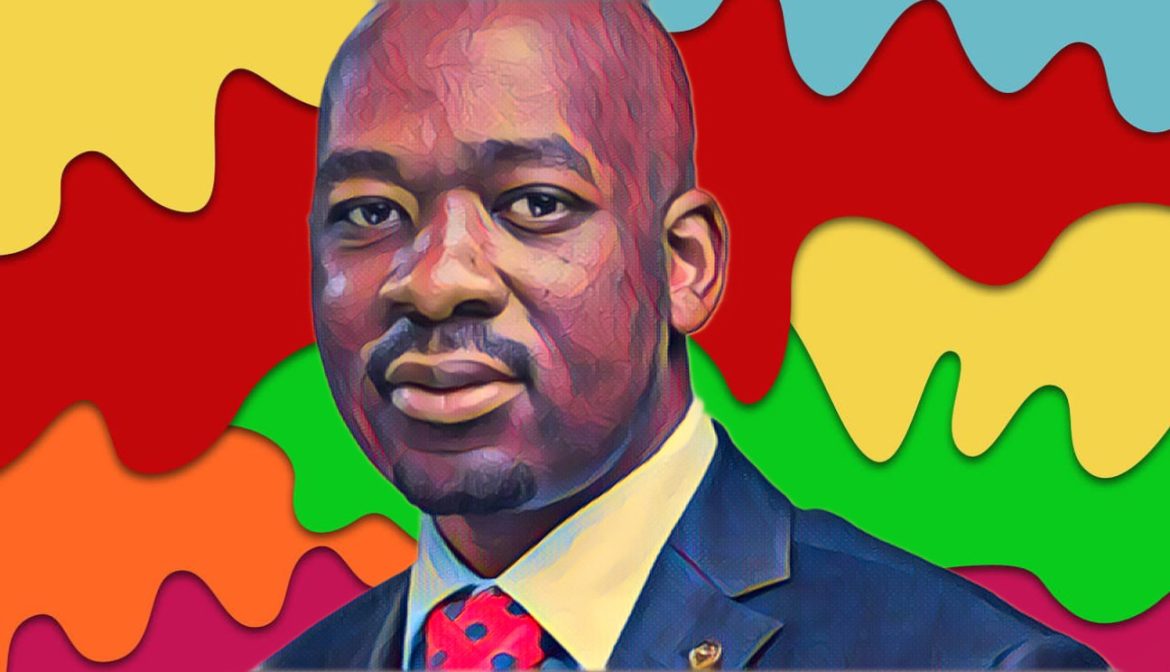Nelson Chamisa, the former leader of Zimbabwe’s Citizens Coalition for Change (CCC), has boldly declared that he will not wait until the 2028 elections to address the pressing issues the nation faces. This declaration was the result of a period of political disruption that followed the controversial August 2023 presidential elections, which Chamisa and several international observers condemned as being neither free nor fair.
A significant change in Chamisa’s political strategy is evident in his refusal to recognize President Emmerson Mnangagwa’s triumph in the previously stated elections. In spite of charges of election manipulation and voter intimidation, the former leader of the opposition made his intentions known to the people through his newly launched Chamisa News Channel, where he made the decision to engage with them directly.
“I know you have questions on when are we going to fix the 2023 error. We are not going to wait for 2028; we are fixing the problem right now. Let’s be united, love and help each other, together we will conquer. Our God is in it, God bless you,” Chamisa stated during one of his broadcasts.
This action comes after a sharp break from the CCC, which Chamisa claims was compromised by operatives from Mnangagwa’s ruling Zanu PF party. Sengezo Tshabangu, who was acting in the capacity of the CCC’s interim secretary-general, started recalling lawmakers who supported Chamisa, which had a lot of repercussions. With Chamisa’s exit from the CCC raising the possibility of further divisions within the opposition parties and the country’s larger political system, Zimbabwe’s political terrain is still unstable.
With the launch of the Zimbabwe Gold (ZiG) currency, the socioeconomic environment in Zimbabwe is becoming increasingly complex. Chamisa has questioned this innovative economic statistic, asking about the experiences of his supporters since the measure’s implementation. The ZiG currency trades at about 17 ZiG to the US dollar on the black market, despite the government’s stated rate of 13 ZiG to the US dollar. This disparity has led to an increase in the cost of necessities, worsening Zimbabwe’s problem of rising living expenses.
The state of the economy has gotten so bad that pay for employees are not keeping up with inflation, making the recent salary increases meaningless. Businesses are under more pressure to find a way to retain pay offers while managing growing costs as a result of the current financial crisis.
The food poverty level increased dramatically this month, rising 51.31% to ZiG424.95 according to recent data from the Zimbabwe National Statistics Agency. At the same time, the annual inflation rate increased to 57.5%. In a similar incident, governor of the Reserve Bank of Zimbabwe John Mushayavanhu revealed that the government was thinking about using cryptocurrencies as one of numerous plans to stop the fast declining value of the Zimdollar.
Chamisa’s initiative and his move to engage the media mark a new era in political activity that seeks to gather support outside of traditional electoral procedures. His focus on taking immediate action signals a significant shift in opposition strategy, placing an emphasis on solving socioeconomic issues directly rather than through electoral politics.


